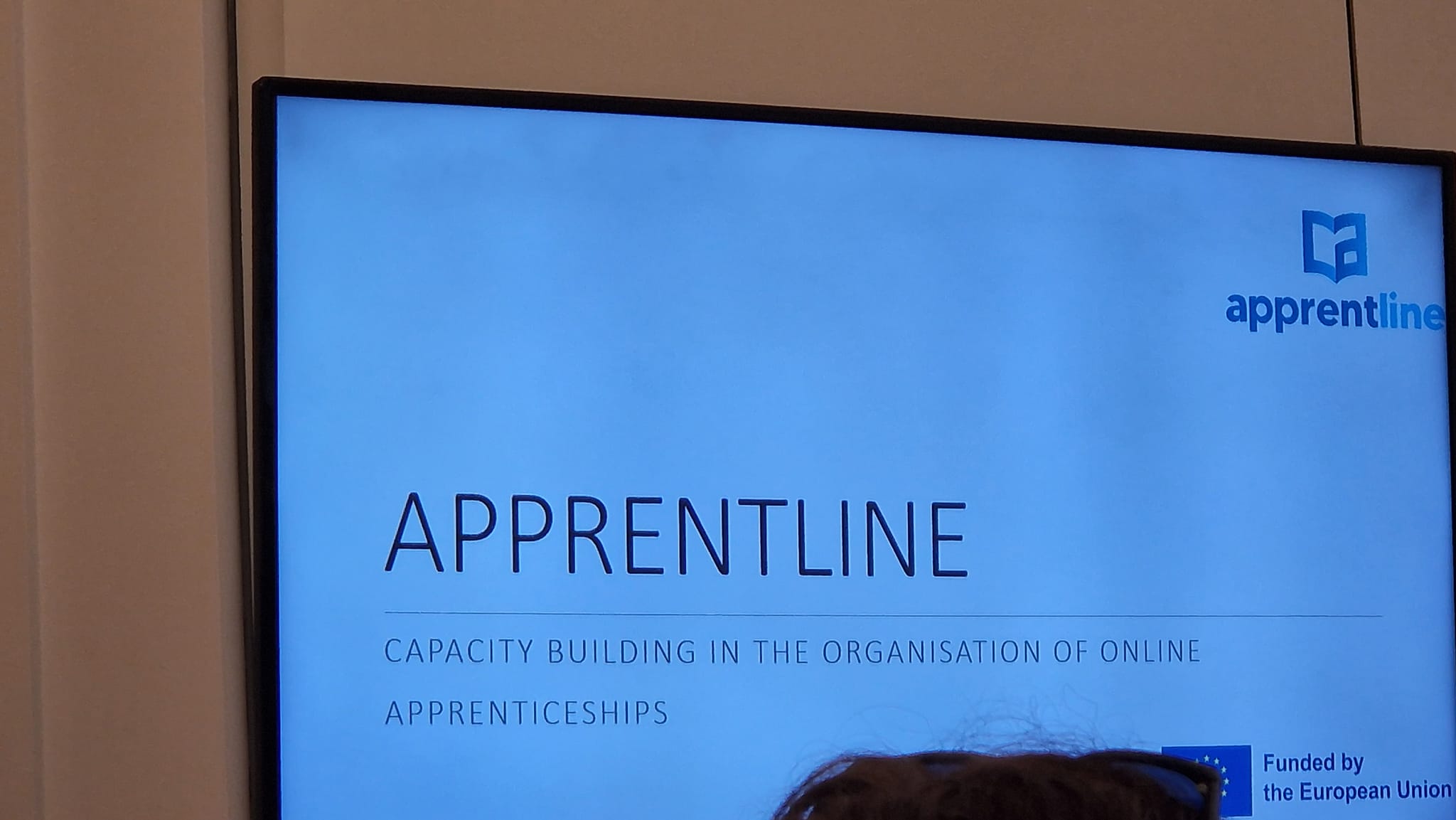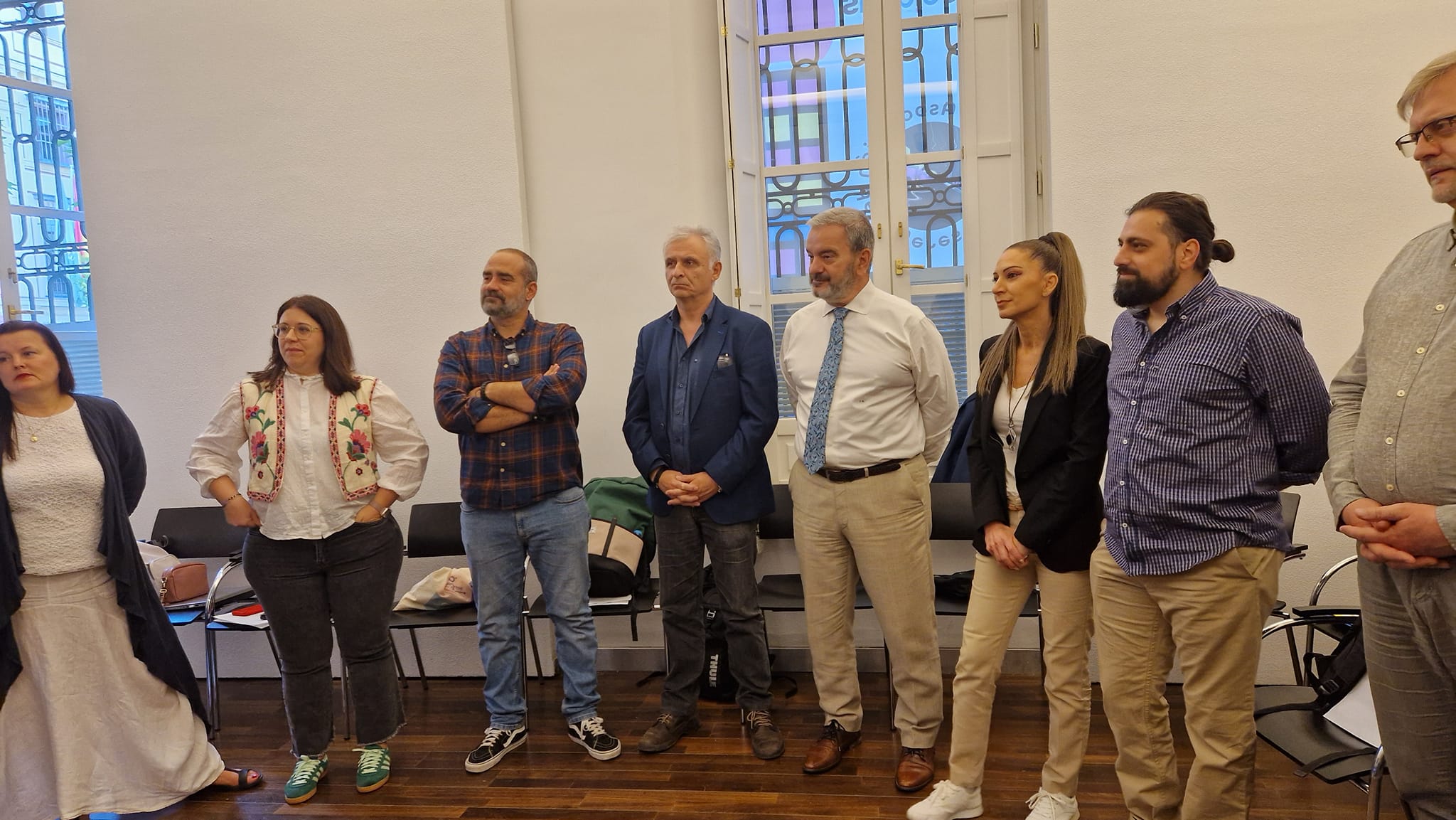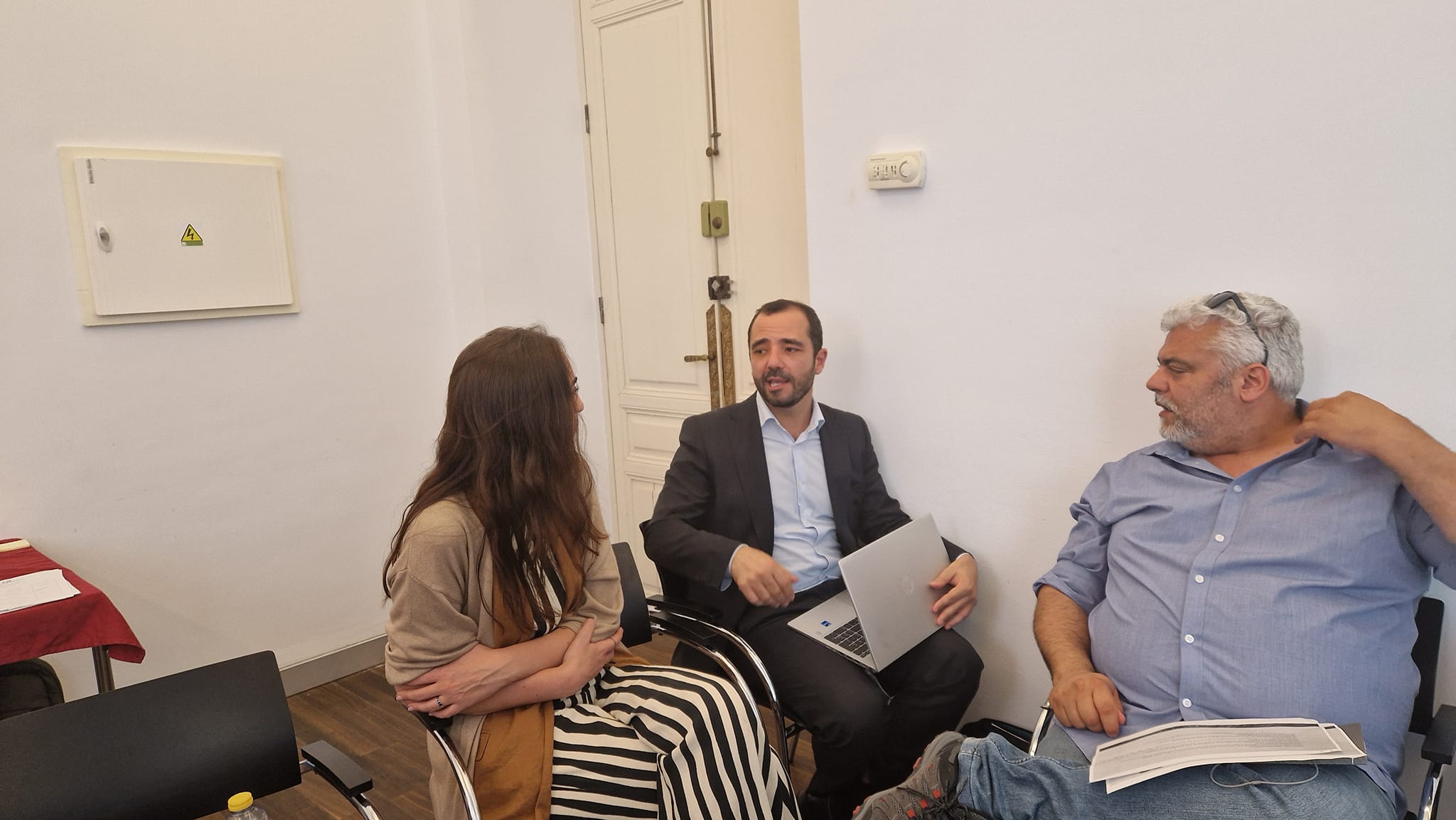
Need Analysis
The digital transformation of the economy, the new forms of employment and new ways of working following the Covid19 pandemic as well as the changing needs in the labour market, has led all the main actors and stakeholders in VET to realise the need to develop digital and virtual apprenticeships. However, as it was clear in the period of the pandemic, these actors did not have the knowledge, skills, competencies and attitudes to implement them in practice.
Moreover, the VET organisations, besides the adaptation of their processes and curricula in relation with virtual apprenticeships, need to have also the skills to prepare adequately the VET students for that. They also need to have the capacity to capitalise on the demand for digital, distance offerings and to ensure good quality apprenticeships also virtually.
The companies on the other hand, being used to face to face apprenticeships need support in order to adapt effectively their training programs and the organisation of their training offer to the needs of virtual apprenticeship. This will make the companies more adaptable to emergency situations (such as pandemic) or less favourable working conditions (such as remote locations). This in turn will make companies more sustainable and competitive on the market and resilient to changes in the labour market that might be accelerated due to the crisis, including digitalisation.
Project Objectives
The general objective of the project is to build the capacity of VET actors (VET schools, Companies, intermediary organisations) to use effectively digital tools in order to organise online apprenticeships.
The specific objectives of the project are the following:
1. To support VET actors to develop and use digital skills and methods such as simulation, game-based learning, artificial intelligence, collaborative platforms etc in order to organise online apprenticeships;
2. To support VET actors to design and implement digital strategies in relation with the organisation of online apprenticeships that will fit their own specific needs (also through the use of EU tools such as SELFIE and DigCompEdu);
3. To empower VET actors to implement the principles of EFQEA also in an online work-based learning environment;
4. To build the capacity of VET actors to adapt the organisation of their work and their procedures in order to organise effectively work based learning);
5. To promote the idea of online apprenticeships in every case where physical presence is not possible.
Target Groups
The project has three main direct target groups:
1. Vocational Education and Training Schools that offer either initial or continuous VET and include apprenticeships as part of their training program. The project involved not only VET schools that are active in the partner countries but also VET schools from other European countries that are not involved in the consortium. Inside these organisations, the main target group is the people that are responsible for the organisation and monitoring of apprenticeships, both teachers and
administration staff;
2. Companies, especially SMEs, that are involved or would like to be involved in apprenticeship schemes. The focus is given to SMEs because larger organisations have usually their own training departments and have less need for support. Inside
these organisations, the main target group are in-company mentors or people who would like to become in-company mentors. The project, in order to contribute to the increase of the number of companies engaged in apprenticeships, is going
to target both companies that are already engaged and companies that would like to be involved. The project is not focusing on a specific field and it is transversal.
3. Intermediary organisations (such as chambers of commerce, employers’ organisations etc).


Members
1. Eloris, Greece
2. Action Synergy, Greece
3. The Official Chamber of Commerce, Industry, Services and Shipping of Seville
(CCSEV), Spain
4. The Bulgarian Chamber of Commerce and Industry (BCCI), Bulgaria
5. Latvian Chamber of Commerce and Industry (LCCI)
